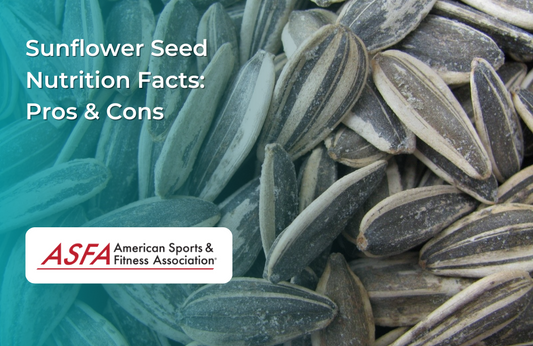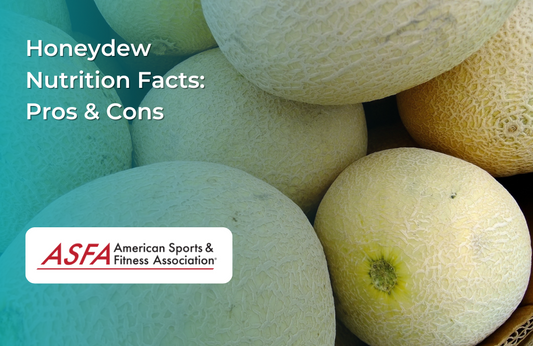Natto is a traditional Japanese fermented soybean dish known for its strong flavor, sticky texture, and rich nutritional profile. It is packed with protein, probiotics, fiber, and essential vitamins and minerals. While natto offers several health benefits, including gut health support, heart health, and bone strength, it also has some considerations regarding taste, texture, and sodium content. Understanding the pros and cons of natto helps in making informed dietary choices.
Natto Nutrition Facts: Pros and Cons of Eating Natto
Natto is an excellent source of plant-based protein, containing all nine essential amino acids, making it a great option for vegetarians and vegans. It is one of the best natural sources of probiotics, which support gut health, digestion, and immune function. The fermentation process enhances nutrient absorption and makes natto easier to digest than unfermented soybeans. The health benefits of natto are further amplified by its unique microbial profile, high probiotic potential, and beneficial compounds like nattokinase and isoflavones.
Natto is also one of the richest sources of vitamin K2, which plays a crucial role in bone health, calcium absorption, and heart health by preventing arterial calcification. It contains natto kinase, an enzyme that may help reduce blood clot risk, improve circulation, and lower blood pressure.
The dish is also high in fiber, which supports digestion, promotes satiety, and regulates blood sugar levels. It contains antioxidants, polyphenols, and anti-inflammatory compounds, which may help reduce oxidative stress and support overall health.
What is Natto?
Natto is a traditional Japanese food made from fermented soybeans, celebrated for its unique flavor and texture. The process of making natto involves fermenting cooked soybeans with a specific type of bacteria known as Bacillus subtilis. This fermentation not only imparts natto’s distinctive taste but also enhances its nutritional profile. The fermentation process breaks down complex compounds in the soybeans, making them easier to digest and increasing their overall nutritional value. As a result, natto is a nutrient-dense food, rich in protein, fiber, and essential vitamins, making it a powerhouse of health benefits.
Nutritional Composition
Natto is a nutritional powerhouse, offering a wide array of essential vitamins and minerals. A typical 100g serving of natto provides:
-
19g of protein: A complete source of plant-based protein, containing all nine essential amino acids.
-
11g of fat: Including healthy fats that support overall well-being.
-
13g of carbohydrates: Providing a steady source of energy.
-
5.4g of fiber: Promoting digestive health and satiety.
-
4.9g of sugar: Naturally occurring sugars that add a touch of sweetness.
-
1.6g of saturated fat: Present in moderate amounts, contributing to the overall fat content.
-
13.0mg of vitamin C: Supporting immune function and skin health.
-
8.60mg of iron: Essential for oxygen transport and energy production.
-
729mg of potassium: Helping to regulate blood pressure and support cardiovascular health.
-
217mg of calcium: Crucial for bone health and muscle function.
This impressive nutritional profile makes natto a valuable addition to a balanced diet.
Health Benefits
Natto is associated with a multitude of health benefits, making it a valuable addition to your diet. Here are some of the key benefits:
-
Improved Bone Health: Natto is one of the richest natural sources of vitamin K2, which is essential for bone health. Vitamin K2 helps in the proper absorption of calcium, reducing the risk of fractures and promoting stronger bones.
-
Cardiovascular Health: The presence of nattokinase in natto can help dissolve blood clots, improving blood flow and reducing the risk of cardiovascular diseases. Additionally, the potassium content in natto helps regulate blood pressure, further supporting heart health.
-
Digestive Health: As a fermented food, natto is packed with probiotics that support a healthy gut microbiome. These beneficial bacteria aid in digestion, enhance nutrient absorption, and promote regular bowel movements.
-
Immune System Support: Natto contains a range of nutrients, including vitamin C and iron, which are vital for a robust immune system. These nutrients help the body fend off infections and maintain overall health.
Incorporating natto into your diet can provide these health benefits, contributing to overall well-being.
Cardiovascular Health
Natto is particularly beneficial for cardiovascular health, thanks to its unique components. The enzyme nattokinase, found in natto, has potent anticoagulant properties that help prevent the formation of blood clots. This can significantly reduce the risk of conditions such as stroke and heart attack. Additionally, natto is a rich source of potassium, a mineral known for its ability to lower blood pressure. By helping to relax blood vessels and balance sodium levels in the body, potassium plays a crucial role in maintaining cardiovascular health. Regular natto intake can thus support a healthy heart and circulatory system, making it a valuable food for those looking to improve their cardiovascular health.
Cons of Eating Natto
Natto has a strong, pungent smell and sticky texture, which may be off-putting to some people. Its fermented nature creates a unique taste that not everyone enjoys, making it an acquired taste.
Natto is unsuitable for individuals with soy allergies, as it is made from soybeans and can trigger adverse reactions.
Since natto is made from soybeans, it contains phytoestrogens (isoflavones), which may have mild estrogenic effects. While moderate consumption is generally safe, those with hormone-sensitive conditions or thyroid disorders may need to consume it in moderation.
Some varieties of natto contain added sodium, which may contribute to high blood pressure if consumed in excess. Choosing low-sodium versions can help mitigate this concern.
Individuals taking blood-thinning medications (such as warfarin) should consult a doctor before consuming natto, as its high vitamin K2 content can affect blood clotting. Additionally, those with a soy allergy should also consult a doctor to ensure they are aware of the potential risks associated with consuming natto.
Conclusion
Natto is a nutrient-dense, probiotic-rich superfood that provides protein, fiber, vitamin K2, and heart-healthy enzymes, making it highly beneficial for gut health, bone strength, and cardiovascular function. As part of fermented foods, natto is particularly rich in vitamin K2, which is essential for health and offers potential protective effects against chronic diseases. However, its strong smell, unique texture, and high vitamin K content may not be suitable for everyone. Choosing low-sodium varieties and consuming it in moderation ensures maximum benefits while minimizing potential drawbacks.
FAQs
Is natto good for digestion?
Yes, natto is rich in probiotics and fiber, which support gut health, digestion, and regular bowel movements.
Can natto help with bone health?
Yes, natto is one of the best natural sources of vitamin K2, which helps with calcium absorption and bone strength.
Is natto safe for people on blood thinners?
Natto contains high amounts of vitamin K2, which may interfere with blood-thinning medications. Consult a doctor before consuming it.
How often should I eat natto?
Eating natto a few times per week can provide probiotic and bone health benefits while keeping nutrient intake balanced.
What is the best way to eat natto?
Natto is commonly mixed with mustard, soy sauce, or green onions and served over rice. It can also be added to salads, miso soup, or eaten on its own.





